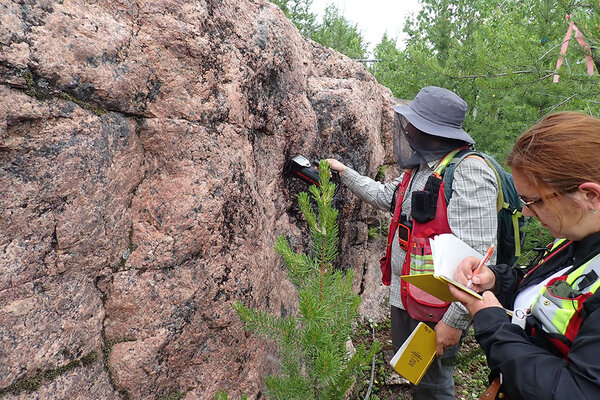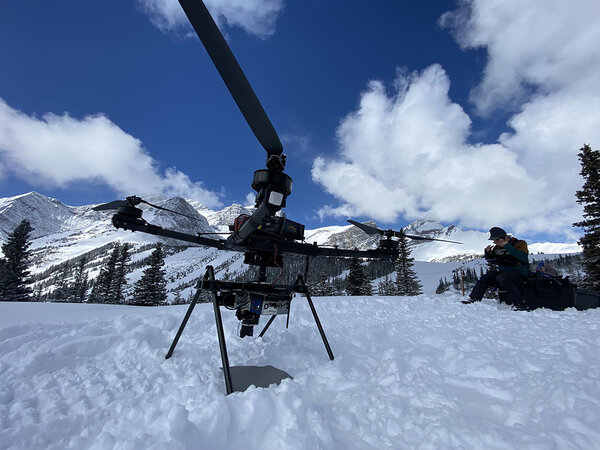
Federal funding announced to construct Collaborative Sciences Research Building
New U of S facility will focus on research into clean technology
A $30.1-million investment from the Government of Canada into a new Collaborative Sciences Research Building at the University of Saskatchewan was among the infrastructure funding announcements made at an event on campus today.
The new facility will focus on projects that have potential clean-technology applications, such as the development of more efficient bio-based energy systems and better water purification techniques, the breeding of more drought-tolerant crops, and the development of more sustainable pest-control mechanisms. Researchers from multiple disciplines will work closely together in the new building, which will be constructed north of the Biology Building.
The Honourable Ralph Goodale, Minister of Public Safety and Emergency Preparedness, on behalf of the Honourable Navdeep Bains, Minister of Innovation, Science and Economic Development made the announcement on Aug. 19 alongside the Honourable Scott Moe, Saskatchewan’s Minister of Advanced Education, and U of S President Peter Stoicheff. Funding was also announced for four other infrastructure projects at Saskatchewan universities and colleges, including two at the U of S.
Visit the U of S news site to read full details on the announcement.


